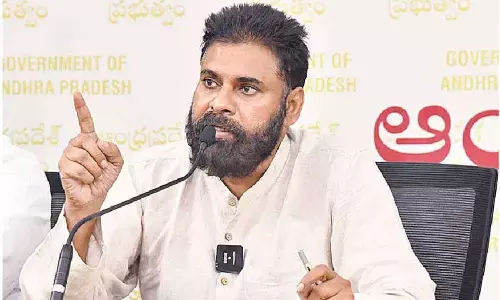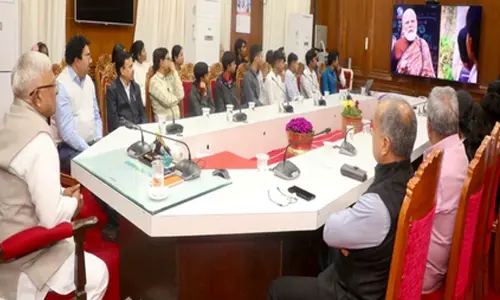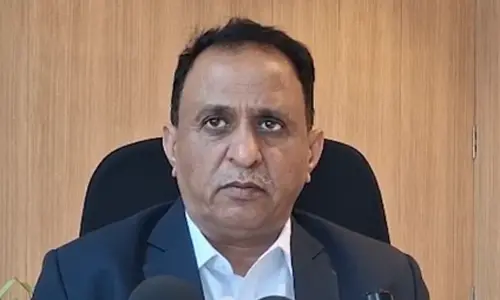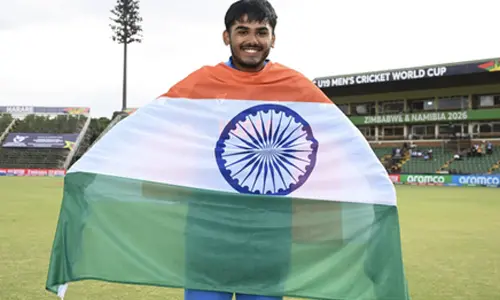Rural Indian girls defy odds, empower themselves for a bright future
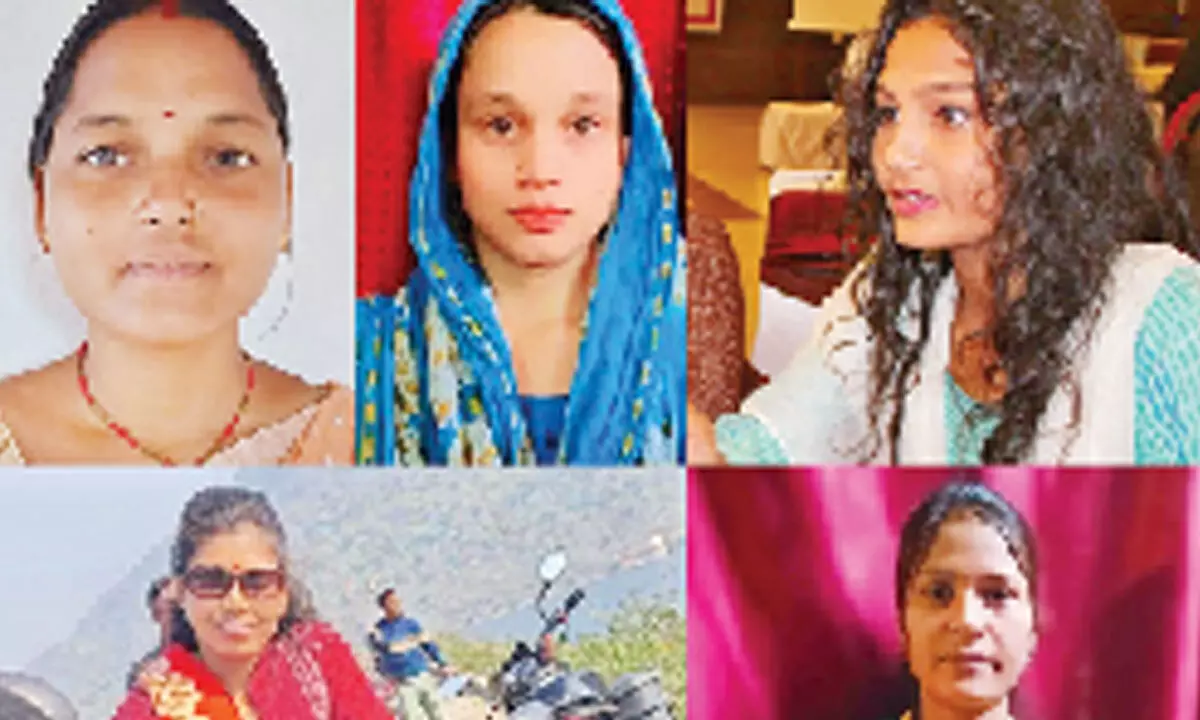
Young Indian girls lead the way in bridging the employability gap
In May this year, at a G20 meeting in Goa, the focus was on how to facilitate financial and digital inclusion as well as upskilling and reskilling to reduce gender inequality. This was meant to remind the world of the importance of equipping young women and men with the necessary skills so that the employability gap can be bridged. When empowered, even the most underserved citizens can change not just their own lives but also inspire others. Meet five women who exemplify the transformative power of skill development and are blazing a trail for others to follow.
Annu Kumari
Annu Kumari’s story is one of persistence. Hailing from Rajauli in Bihar, she was just 20 when her parents began to put pressure on her to get married. However, she resisted, remained committed to her dreams, and eventually became a police constable at the Bihar Police Training Academy which is at about 300 km from her village. From a young age itself, she was strongly invested in learning. Through her mentor, Sheila Devi from the Population Foundation of India’s ‘Kishori Samooh,’ a platform to bring together and skill young women, Annu convinced her parents to let her pursue her education. Annu was also interested in biking and was the first woman in her village to ride a bike. Upon learning about the adverse effects of child marriage, she volunteered to stop the practice in her own community by informing the police whenever needed and negotiating with the girls’ parents to stop the marriage of their daughters. Since then, her journey has not just been about fighting for her own agency but for the rights and livelihood of other women in her village.
Jyoti Kumari
The daughter of a daily wage laborer in Nawada, Bihar, 21-year-old Jyoti Kumari has faced numerous challenges throughout her life. However, despite dire poverty and social restrictions, she has today built a life of purpose, helps many other women in need, and educates girls about menstrual health. This journey began when she joined a social organization in Rajauli with two adolescent groups of 55 girls. Here, she gathered knowledge about menstrual hygiene and reproductive health and set up a sanitary bank. She also learned how to helm regular menstrual health awareness campaigns across villages. Her efforts have helped young girls to deal with puberty-related issues with confidence. She has also campaigned for clean drinking water for her community. Jyoti Kumari went on to join the Population Foundation of India and her community-centric work has had a far-reaching impact on many lives.
Mausam Kumari
Mausam Kumari from Hardiya, Nawada in Bihar, is the group leader of ‘Kishori Samooh,’ which empowers young girls through a range of initiatives and also equips them with information about reproductive health and menstrual hygiene. At a very early age, and upon attending the Adolescent Reproductive and Sexual Health (ARSH) orientation program, Mausam learned about the importance of menstrual hygiene, and set up free pad boxes to help women and girls in Nawada. In 2018, as part of the Jan Samwaad (Social Audit) held at Rajauli Sub Divisional Hospital (SDH), she raised two issues: that VHSNDs and health facilities lack information/advice on puberty and adolescent health issues, and that sanitary pads are not readily available to girls from economically weaker groups. The situation is similar to a grocery store that doesn’t stock any healthy, nutritious food but instead offers only sugary snacks and drinks - leaving their customers with no choice but to buy unhealthy items. Today her work has helped normalize conversations that were considered taboo earlier.
Pooja Singh
A native of the village Marmo in Rajauli, Nawada, Pooja, is a 25-year-old woman who was married at an early age and could not pursue her goals. Lack of financial and mental support from her in-laws caused her to give up on her dreams. However, she overcame her situation to begin her educational journey. She was able to educate herself up till 11th grade, and having received this opportunity, she became persistent in raising awareness in her village about educating women and equipping them with the skills to live and earn with dignity.
Kahekasan Praveen
Kahekasan is a 21-year-old woman from Amwan village in Rajauli, Nawada district in Bihar. Her father, Md. Nausad Alam works as a mason, and due to family restrictions, she was forbidden to pursue higher education. However, she always had an interest in studying further and despite opposition from her father, she did not give up. She initially got a chance to work with a Youth Champion of the Population Foundation of India. Through the same programme, she got an opportunity to meet the DM (District Magistrate). In an interesting twist of events, and through hard work, Kahekasan is now preparing for UPSC and inspiring many other women of the village to pursue their goals.








